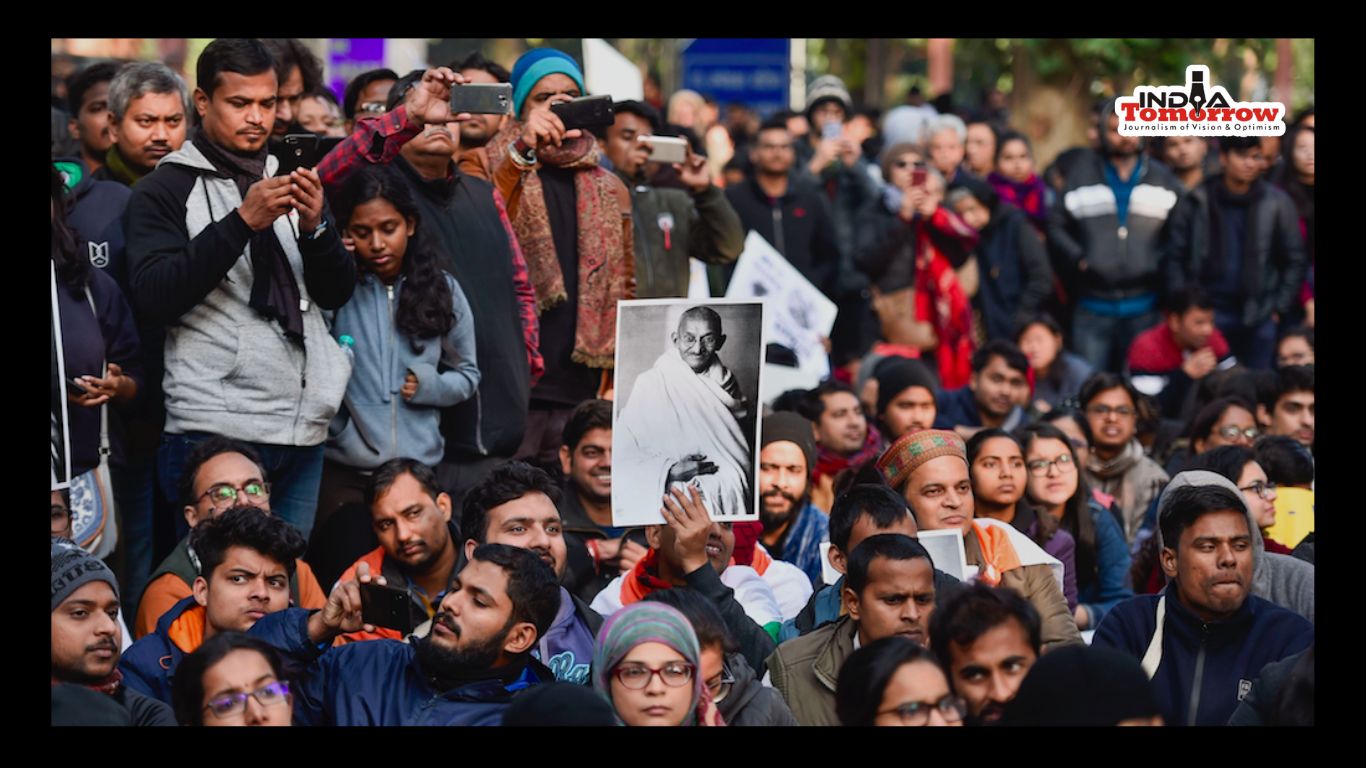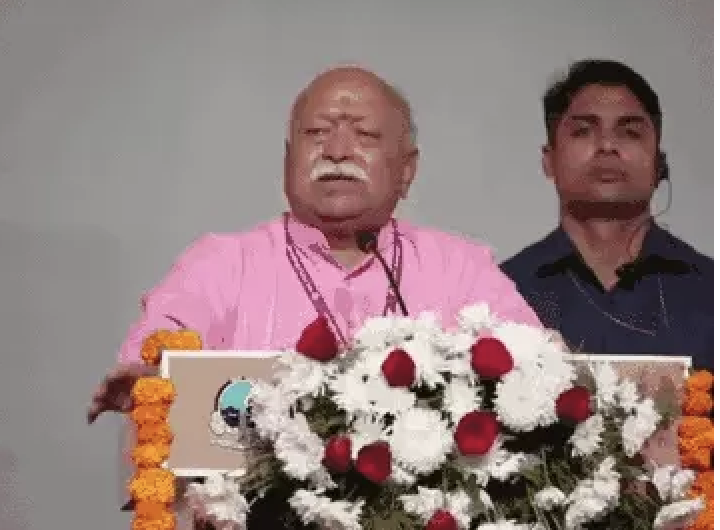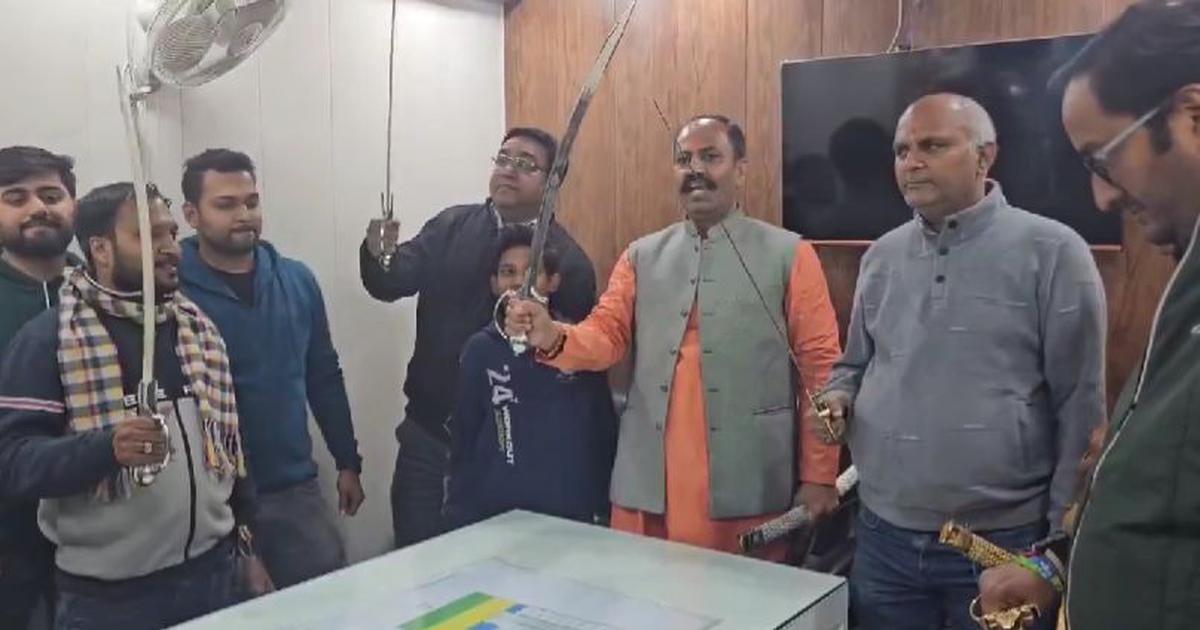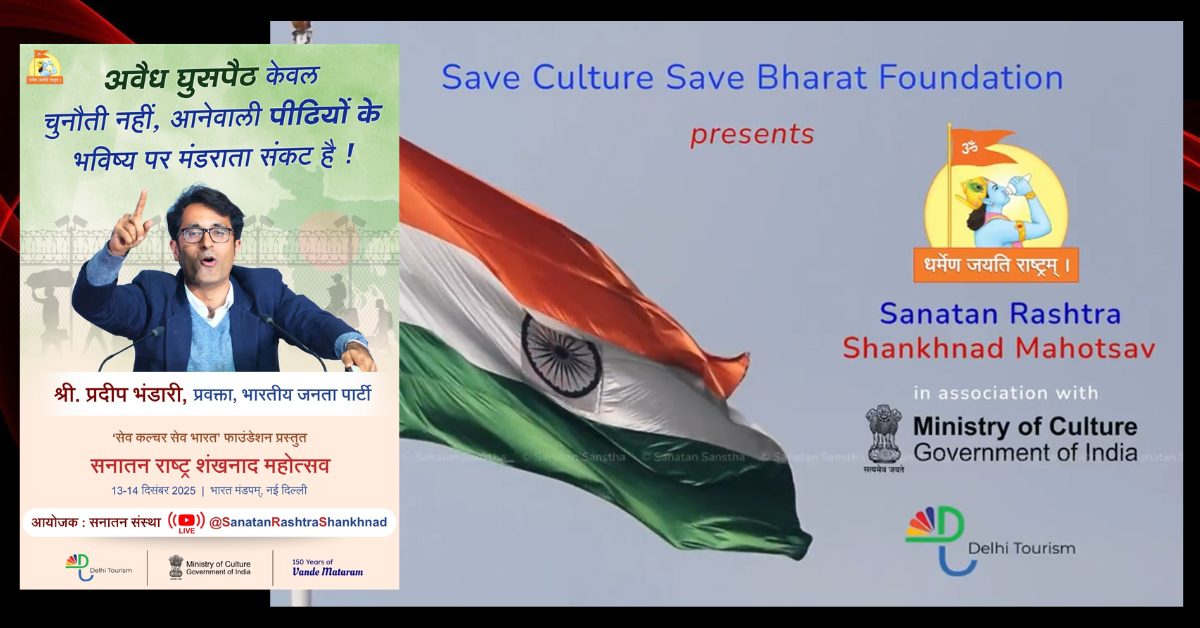
By Arshad Shaikh
NEW DELHI: India has experienced a sharp decline in academic freedom over the past decade, with the “Free to Think 2024” report, published by Scholars at Risk (SAR), attributing much of this deterioration to the ruling Bhartiya Janata Party’s (BJP) attempts to enforce political control and push a Hindu nationalist ideology on universities. The report notes that India’s score on the Academic Freedom Index has dropped from 0.6 in 2013 to a dismal 0.2 in 2023, now placing the country in the category of “completely restricted”- its lowest standing since India’s independence in the mid-1940s.
Several universities have been forced to align with the policies of the ruling party at the Centre, silencing student dissent in the process. Jawaharlal Nehru University (JNU) barred protests near academic buildings, while South Asian University (SAU) went even further, prohibiting protests across the entire campus. The BJP-led Union government has also clashed with state governments over control of educational institutions. In Kerala, the central government appointee Governor Arif Mohammed Khan opposed state efforts to replace him as the Chancellor of state universities, leading to a legal standoff.
The impact of political pressure is evident in individual cases too. In July 2023, Ashoka University economist Sabyasachi Das resigned following backlash from BJP leaders over his research, which alleged political manipulation in the 2019 elections. The government’s intolerance extends beyond national borders as well—U.K.-based Professor Natasha Kaul was denied entry into India for her critical remarks on the RSS.
The international academic community has already raised alarms. Amartya Sen, the Nobel laureate, remarked that “intolerance toward opposing views in academia not only hampers national progress but weakens democracy itself.” Sen himself has faced hostility from right-wing elements, with campaigns questioning his involvement with educational institutions like Nalanda University. “An institution dies not with the end of funding but with the loss of free thought,” Sen once said in an interview, stressing the importance of intellectual freedom.
Political appointments in academic institutions are not limited to vice-chancellors and governing bodies. In several instances, faculty members have reported pressure to revise curricula to align with the Hindutva narrative. For instance, the decision to exclude references to the Mughal period or critical readings on caste from NCERT textbooks reflects an attempt to rewrite history from a majoritarian perspective. As historian Romila Thapar noted, “Erasing histories is not merely about changing syllabi; it is about altering the nation’s collective memory.”
This story was originally published in indiatomorrow.net. Read the full story here.






